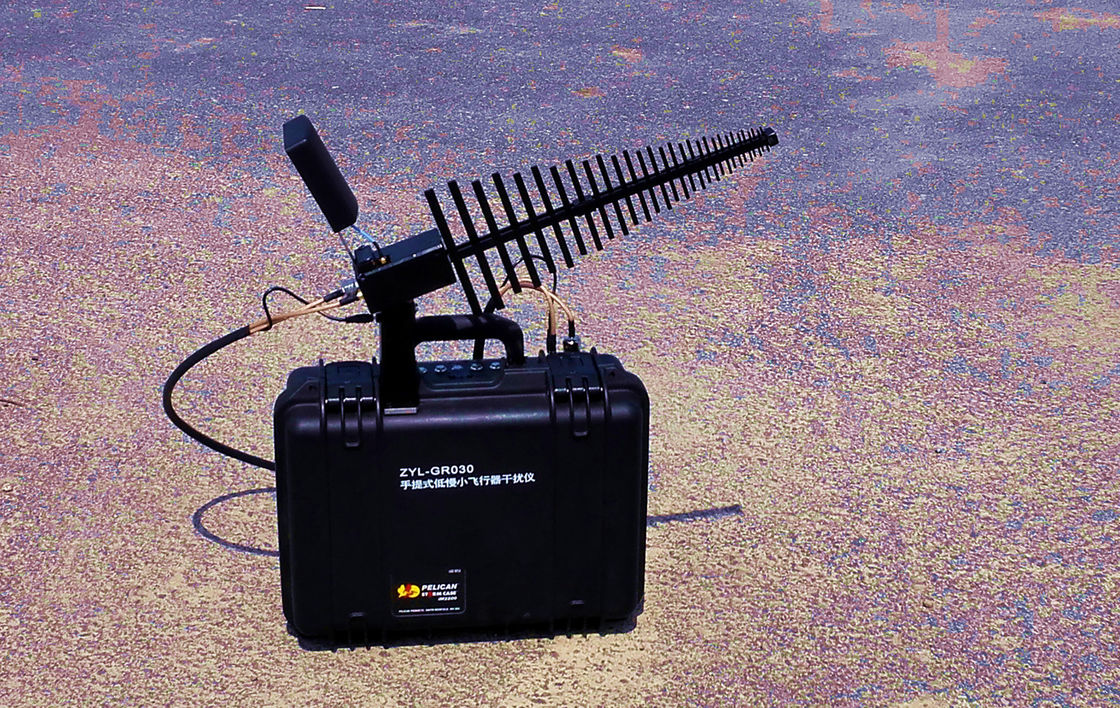Assuming that a person sends out a personally specific or intimate picture to somebody else, could that person send it to others? Whether or not it is against the law to share those pictures will depend on your region’s specific definition of the criminal offenses related to nonconsensual image sharing as well as the age of the individual in the pic.
 Could I ask for an inhibiting order supposing that the abuser has posted an intimate picture of me online? In the event that the abuser made a threat to send out intimate images of you to another person or to publish them online, or in the case that the abuser really did post intimate pictures, this may be considered a criminal offense. It could come under your region’s harassment criminal offense or there might be a specific crime in your jurisdiction that restricts posting intimate pictures without permission. You may have the alternative of reporting that criminal offense to cops in case you wish to do so supposing that this is unrighteous behavior in your commonwealth.
Could I ask for an inhibiting order supposing that the abuser has posted an intimate picture of me online? In the event that the abuser made a threat to send out intimate images of you to another person or to publish them online, or in the case that the abuser really did post intimate pictures, this may be considered a criminal offense. It could come under your region’s harassment criminal offense or there might be a specific crime in your jurisdiction that restricts posting intimate pictures without permission. You may have the alternative of reporting that criminal offense to cops in case you wish to do so supposing that this is unrighteous behavior in your commonwealth.
 It might likewise be adequate to certify you for a restraining order supposing that there is a criminal activity that covers this habits in your commonwealth. In other commonwealths, the justifiable factors for getting a constraining order may not cover the hazard to reveal sexual pictures that weren’t yet published or the posting of pics. In case you get approved for a constraining order, you may apply for one and particularly ask for the order to consist of a term that regions that the abuser can not publish any pictures of you online and/or that orders the abuser to remove any current pics.
It might likewise be adequate to certify you for a restraining order supposing that there is a criminal activity that covers this habits in your commonwealth. In other commonwealths, the justifiable factors for getting a constraining order may not cover the hazard to reveal sexual pictures that weren’t yet published or the posting of pics. In case you get approved for a constraining order, you may apply for one and particularly ask for the order to consist of a term that regions that the abuser can not publish any pictures of you online and/or that orders the abuser to remove any current pics.
Even supposing that the abuser took the image or video and the copyright belongs to him/her, the person who is featured in the photo or video may also be able to apply to sign up the copyright to that picture under his/her own name. In other words, another way that an individual can handle having sexual images of themselves posted without his/her consent is to use to register the copyright to that photo under their own name even before the photo or video is ever posted. If the abuser posts the photo publicly, you would own the copyright and can file what is called a „takedown notice“ (based on the Online digital Millennium Copyright Act of 1998), and demand that the appropriate Web hosts and search engines remove the image. More data is available, in case you need it, by clicking on the web link here Allfrequencyjammer.Com .
In case an individual shares a sexually explicit or intimate pic of you, there may be more legal protections you can look for. Depending on the laws in your jurisdiction, you might be eligible for a restraining order or may have other alternatives in civil court that could help you. You may want to talk to an attorney in your state for legal advice about your particular situation.
It is a criminal activity for someone to take or record intimate or personal video or pics of anyone without their understanding or approval. Taking video or photographs of a person devoting sexual acts or in a nude or semi-nude state without his or her consent is usually a shady act if the videos or images are taken in a location where you can fairly expect to have personal privacy. Assuming that another person places a concealed cam in your restroom or bed room and without your knowledge, this is almost constantly unlawful. Nevertheless, in the case that you are on a naked beach or in a public park and someone else takes a video of you nude or doing sexual acts, it may not be prohibited to share these photos given that you likely can not anticipate to have personal privacy in that public place. Once again, the particular laws in your state will make it clear what is and is not illegal.
In some jurisdictions, the very same law that prohibits sharing intimate images may also address the act of catching pictures without your knowledge or permission. In numerous commonwealths, criminal activities that cover both behaviors may be called offense of personal privacy or intrusion of privacy. In other regions, the act of taking your image without your authorization might be covered under a different law, frequently recognized as voyeurism or unlawful monitoring. You can look for the real laws in your commonwealth by using the internet.
Comments are closed